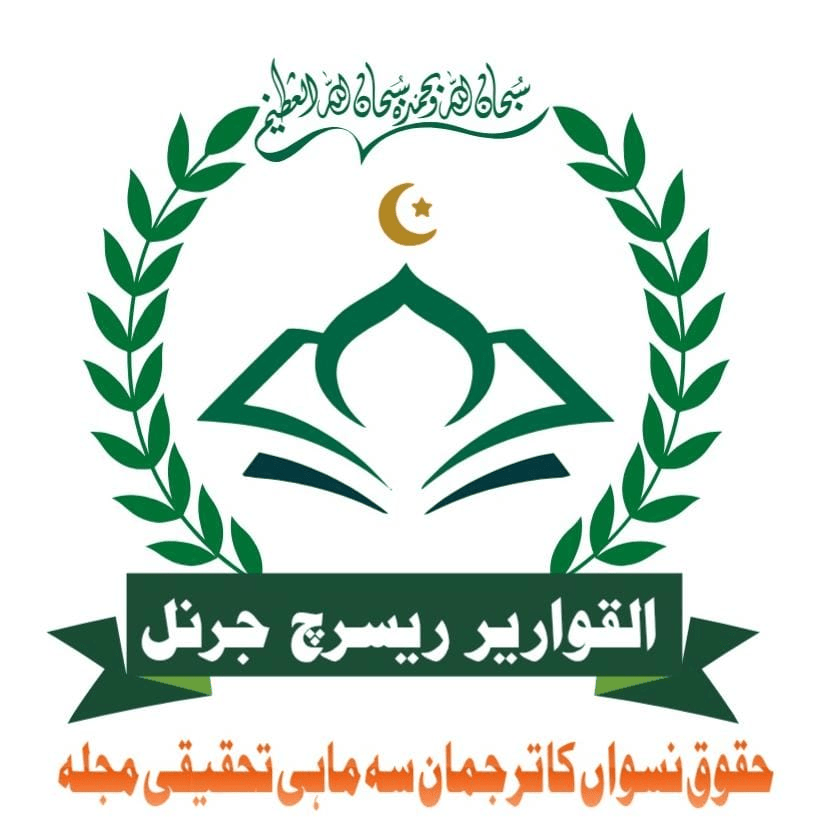AN ANALYTICAL STUDY OF THE WIDOWS AND DIVORCED WOMEN RIGHTS IN THE LIGHT OF PAKISTANI LEGAL SYSTEM
Keywords:
History, Western Civilization, Marriage ceremonies, AkbarAbstract
Women rights are always being a matter of concern for almost all societies of the world. They have been exploited from all aspects of life in general and in social and financial matters in particular. Therefore, from ancient to contemporary times the legal systems formulated laws to safeguard the rights of women but still the situation is worse in this phenomenon. Current legal system of Pakistan in these scenarios is unable to satisfy the real issues of this marginalized segment of the society. Based on such situations, this study explored the right to the dissolution of marriage, right of dower, right of inheritance, right of re-marriage, right of maintenance, custody of minors and alike to the widows and divorce women in Pakistani society. The researcher followed a qualitative research design where document analysis of the available legal sections such as Dissolution of Muslim Marriage Act 1939 (DMMA), Muslim Family Law Ordinance (MFLO), Family Court Act (FCA) 1964 and all the amendments in the Muslim Family law were analyzed from the perspective of the rights of widows and divorce women. However, after the constitution of Islamic Ideological Council of Pakistan, where it was assigned the duty of evaluating the existing and forthcoming legislation in the light of shariah, has put question marks on certain previous legislation related to the rights of widows and divorce, which needs rectification through legislative bodies, which caused widows and divorce women into a hanging position This study concludes that it is indispensable to lead the legislative process without any delay to ensure the rights of these widows and divorce women in our society. Furthermore, the legislature should follow the recommendations of the Islamic Ideological Council in order to protect the rights of widows and divorcees.
Downloads
Downloads
Published
Issue
Section
License
Copyright (c) 2024 Dr. Ziauddin, Aziz Ahmad, Dr. Asadullah (Author)

This work is licensed under a Creative Commons Attribution-NonCommercial-NoDerivatives 4.0 International License.




